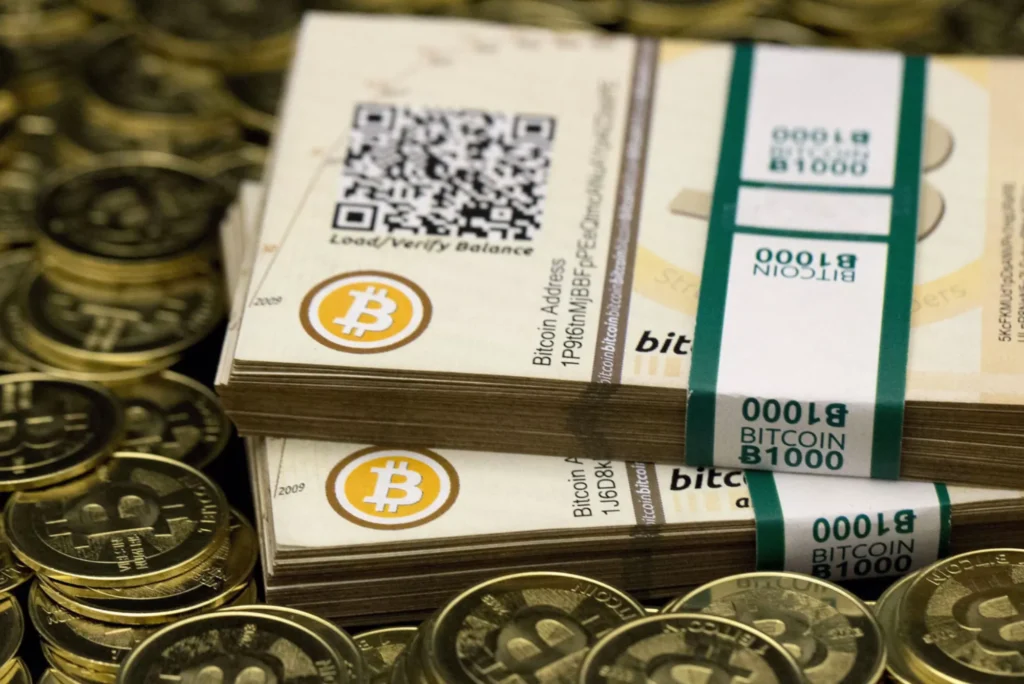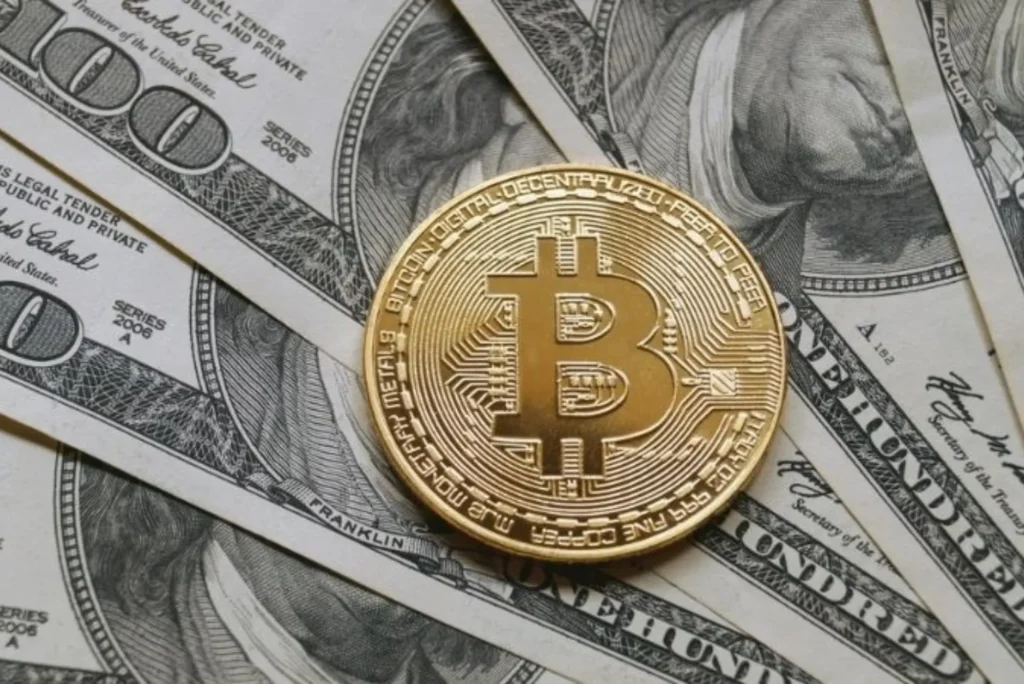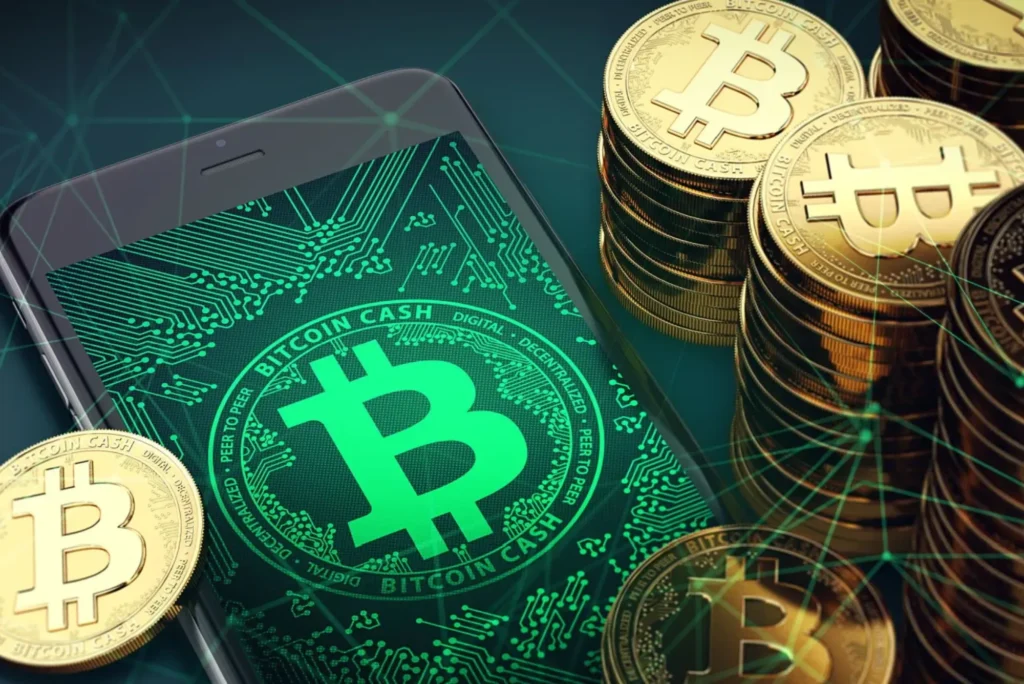Exploring Bitcoin Cash: A Comprehensive Guide
Bitcoin Cash (BCH) has been making waves in the world of cryptocurrency since its inception. Understanding what Bitcoin Cash is, how it works, and its significance in the digital currency landscape is essential for both investors and enthusiasts alike.
What is Bitcoin Cash?
Bitcoin Cash is a cryptocurrency that emerged in 2017 as a result of a hard fork from Bitcoin. It was created to address some of the scalability issues associated with Bitcoin by increasing the block size limit, allowing for more transactions to be processed on the blockchain.
The Origins of Bitcoin Cash
The origins of Bitcoin Cash can be traced back to a heated debate within the Bitcoin community over the scalability of the original cryptocurrency. This debate ultimately led to a split, with supporters of Bitcoin Cash advocating for larger block sizes to accommodate more transactions.

How Does Bitcoin Cash Work?
Bitcoin Cash operates on a decentralized blockchain, much like its predecessor Bitcoin. However, it differs in its approach to transaction processing. With larger block sizes, Bitcoin Cash aims to offer faster transaction times and lower fees compared to Bitcoin.
Key Features of Bitcoin Cash
Increased Block Size: One of the most notable features of Bitcoin Cash is its larger block size limit, currently set at 32MB. This allows for more transactions to be included in each block, resulting in faster and more cost-effective transactions.
On-Chain Scalability: Bitcoin Cash aims to achieve on-chain scalability by prioritizing block size increases over off-chain solutions. This approach is intended to maintain the decentralized nature of the network while improving its capacity to handle a larger volume of transactions.
Replay and Wipeout Protection: To prevent transaction replays between the Bitcoin and Bitcoin Cash chains, as well as potential network disruptions, What is Bitcoin Cash implemented replay and wipeout protection measures during the fork process.
Bitcoin Cash vs. Bitcoin
Bitcoin Cash shares many similarities with Bitcoin, but there are also some key differences that set them apart.
Scalability
While both Bitcoin and Bitcoin Cash operate on blockchain technology, Bitcoin Cash has a larger block size limit, allowing for more transactions to be processed per block. This gives Bitcoin Cash an edge in terms of scalability and transaction throughput.
Transaction Fees
Due to its larger block size, Bitcoin Cash typically has lower transaction fees compared to Bitcoin, especially during periods of high network congestion. This makes it more cost-effective for users who frequently transact in cryptocurrency.

Community Consensus
Bitcoin and Bitcoin Cash have separate communities with differing visions for the future of digital currency. While Bitcoin aims to maintain its status as a store of value and digital gold, Bitcoin Cash focuses on being a peer-to-peer electronic cash system for everyday transactions.
The Future of Bitcoin Cash
As Bitcoin Cash continues to evolve, its adoption and acceptance in the mainstream financial landscape are likely to grow. With its focus on scalability and low transaction fees, Bitcoin Cash has the potential to become a widely used cryptocurrency for everyday transactions.
In conclusion, Bitcoin Cash represents an alternative vision for the future of cryptocurrency. With its larger block sizes, faster transaction times, and lower fees, Bitcoin Cash aims to address some of the shortcomings of Bitcoin while staying true to the principles of decentralization and peer-to-peer electronic cash.
Bitcoin ATM
Bitcoin ATMs are specialized machines that allow users to buy or sell Bitcoin using cash or debit/credit cards. These ATMs provide a convenient way for individuals to exchange fiat currency for Bitcoin and vice versa, offering access to the world of cryptocurrency without the need for a traditional exchange. As the popularity of Bitcoin continues to rise, so does the demand for Bitcoin ATM, which can now be found in various locations worldwide, including airports, shopping malls, and convenience stores.








